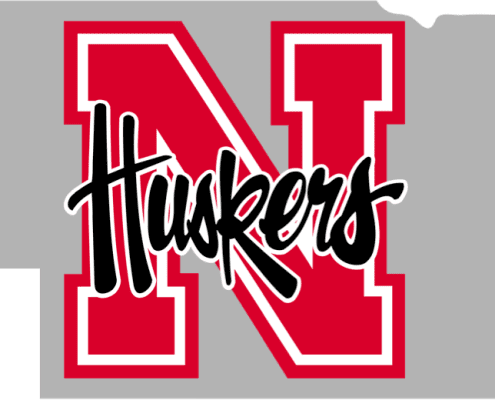What makes a great youth coach? Part 2.
What makes a great youth coach? Part 2.
In our previous blog, What makes a great youth coach? Part 1. we talked about great coaches incorporating patience, depth of knowledge, loving what they do, having fun, and bringing out the best in student athletes. In What makes a great youth coach? Part 2. we’ll be discussing methodology and structure, depth of knowledge and how it relates to different age levels, developing coaching skills, as well as being a learning and growing coach.
The coaches.
If you read the previous blog, you know the coaches, but to reiterate, we have five amazing youth coaches who, between them, have coached literally tens of thousands of kids in youth sports. The coaches are:
- Hall of Fame Olympic Fencing Coach, Ro Sobalvarro
- Former MN State Open Chess Champion and National Master, Nathan Hoover
- Former State Track and Field Champion, Kamau Wilkins
- Our senior fencing coach with thousands of students to his teaching credit, Coach Bruce Eyton.
Question 4: How important is structure in practice?
NOTE: The first three questions can be found on the previous blog, What makes a great youth coach? Part 1.
The clock is ticking
Coach Sobalvarro: The clock is ticking. I have these students for maybe two 1-hour practices, maybe one 90 minute practice. I try not to waste too much time.
The structure
Coach Sobalvarro: I structure my fencing classes in 20 minute blocks. 20 minutes of footwork, 20 minutes blade work, 20 minutes of bouting (fencing matches). My students came up with that phrase…”Always be afraid of a coach with a stop watch.”
Within the 20 minutes of each section, Coach Sobalvarro will break it down further. He will work on one aspect of footwork for two minutes, another aspect for four minutes, and maybe a game that incorporates those skills for eight minutes. Within the eight minute game, Coach Sobalvarro rotates partners every two minutes or less to make sure the students are working with students of varied skill levels and experience. Coach Sobalvarro adds time to certain skills where students are struggling.
Coach Bruce Eyton added that he feels it is important that the progression is logical to get as much information in as a coach can. However, it’s important not to overload the students. And, as always, keep it fun and enjoyable.
Structure in Chess?
National Master Chess Coach Nathan Hoover organizes his chess classes with a teaching component at the beginning of class, then a meaningful game during class time. Coach Hoover likes the kids to take all their games seriously, so he keeps a running table of current standings, wins and losses, etc. in each of his classes. That being said, he likes to keep things fun too. He uses humor, hands out puzzles, and issues challenges to the students, awards them with merit points (we call them chess dollars in YEL Chess classes), and continually encourages his chess students.
Is it okay to improvise?
Coach Sobalvarro says, absolutely. He had a lesson plan prepared, but it just wasn’t working. Since no one in the class was understanding it, he tried it again. A few kids got it, but not enough, so he tried it again. The third attempt finally got some traction. This left Coach Sobalvarro wondering why it took him three attempts to get this right. AUTHORS NOTE: This is one of the qualities I really admire about Coach Sobalvarro and what I’ve tried to incorporate into my coaching. If my players aren’t understanding what I’m teaching, it’s not their fault. I need to change my approach. Coach Sobalvarro is an Olympic Coach…and even he questions his own methodology when it isn’t returning positive results.
Question 5: How important is depth of knowledge?
Coach Sobalvarro: It can depend, in part, on what age the coach is working with. It matters more with more experienced students. Coaches need to have more knowledge to continue his or her students’ progress. With younger children, they are doing much more basic actions, learning more basic skills. It’s more important with young learners to have greater coaching skills…or kid skills. His best kids’ coach is the one he has working with kids the most. “The best coach should be the one teaching the youngest group.”
Coach Hoover: In chess, a little strategy can go a long way. Most of my students are headed towards being hobby players, rather than professional chess players. Chess is more fun if you understand the strategy.
Nathan focuses on basics and helping students develop a lifelong strategy.
Question 6: How do less experienced coaches become better?
Coach Sobalvarro: “It can be learned.”
Be a learning coach
Coach Sobalvarro: When I have a break at a tournament, I’m watching other coaches. I ask them questions. I’m always trying to learn from my colleagues. For me, there is always continuing education.
Coach Bruce Eyton: Life itself is a learning experience. All of us, whether we know it or not, are constantly learning. Things are changing, people are changing, techniques are changing. The internet is a great resource. We have to keep up with it. All great teachers do it. We all listen the same, we all have two ears, but we hear differently. If we can take that into account when teaching, it will make us a better teacher.
Resources
- The Positive Coaching Alliance is a fantastic resource for coaches, parents, and athletes.
- ChessKid.com can help chess coaches gain more chess acumen.
- Fencing.net is a good resource for fencers and coaches.
- YouTube.com has hundreds of videos for chess and fencing, as well as many sports.
What’s next?
This is the second part in a three part series about What makes a great youth coach?. The first installment can be found at What makes a great youth coach? Part 1, and the third installment will discuss a parent’s perspective on youth coaches.



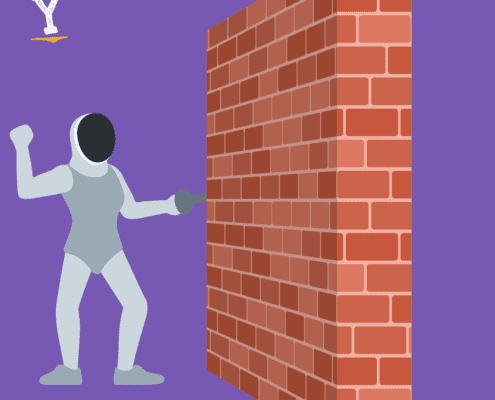 ©2024 YEL
©2024 YEL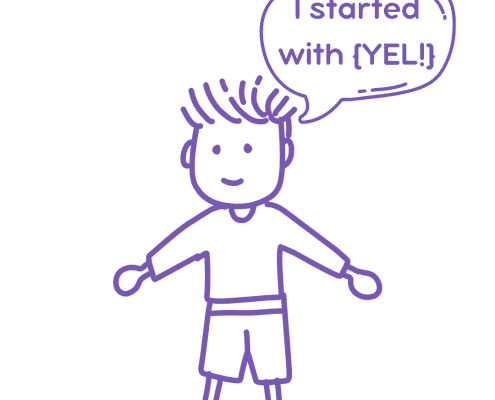
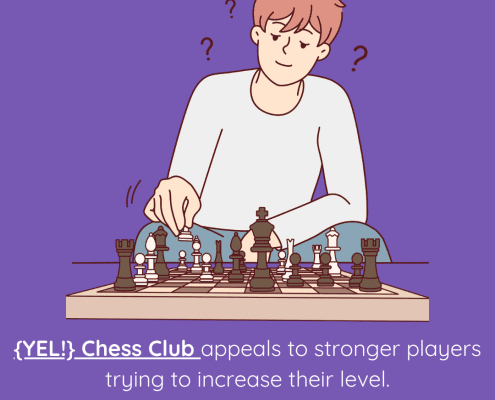 ©YEL 2024
©YEL 2024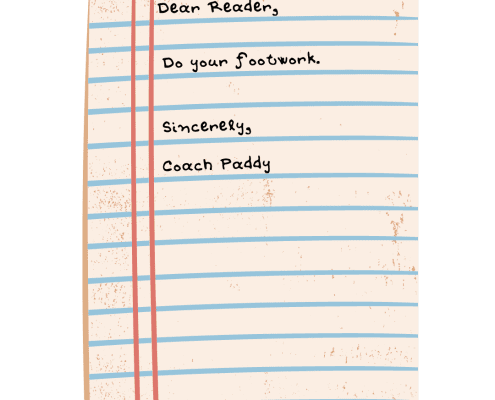
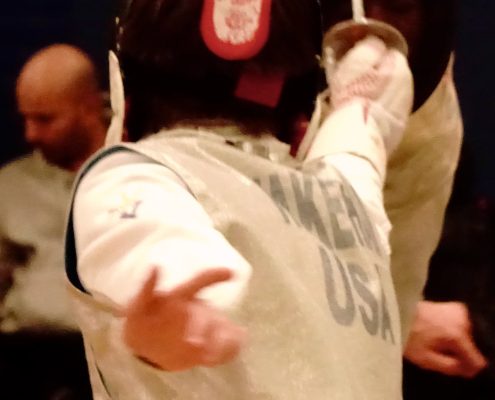 ©2024 YEL
©2024 YEL